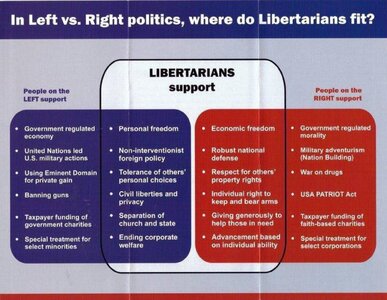Let me try again. There are numerous other studies that have shown a correlation with the kids needing benefits as adults when their parents get benefits. In other words, if your parents got government assistance, you were more likely to need assistance. But no one could say if the government assistance for the parents contributed to that outcome or not.
This completely different study, about people in the Netherlands, was able to show causation because there was a control group along with an experimental group, where poor people were randomly assigned, and showed different outcomes for the adult children of those parents. The authors concluded that government assistance to parents was causal in a statistically significant way, for their kids getting on government assistance as adults.

